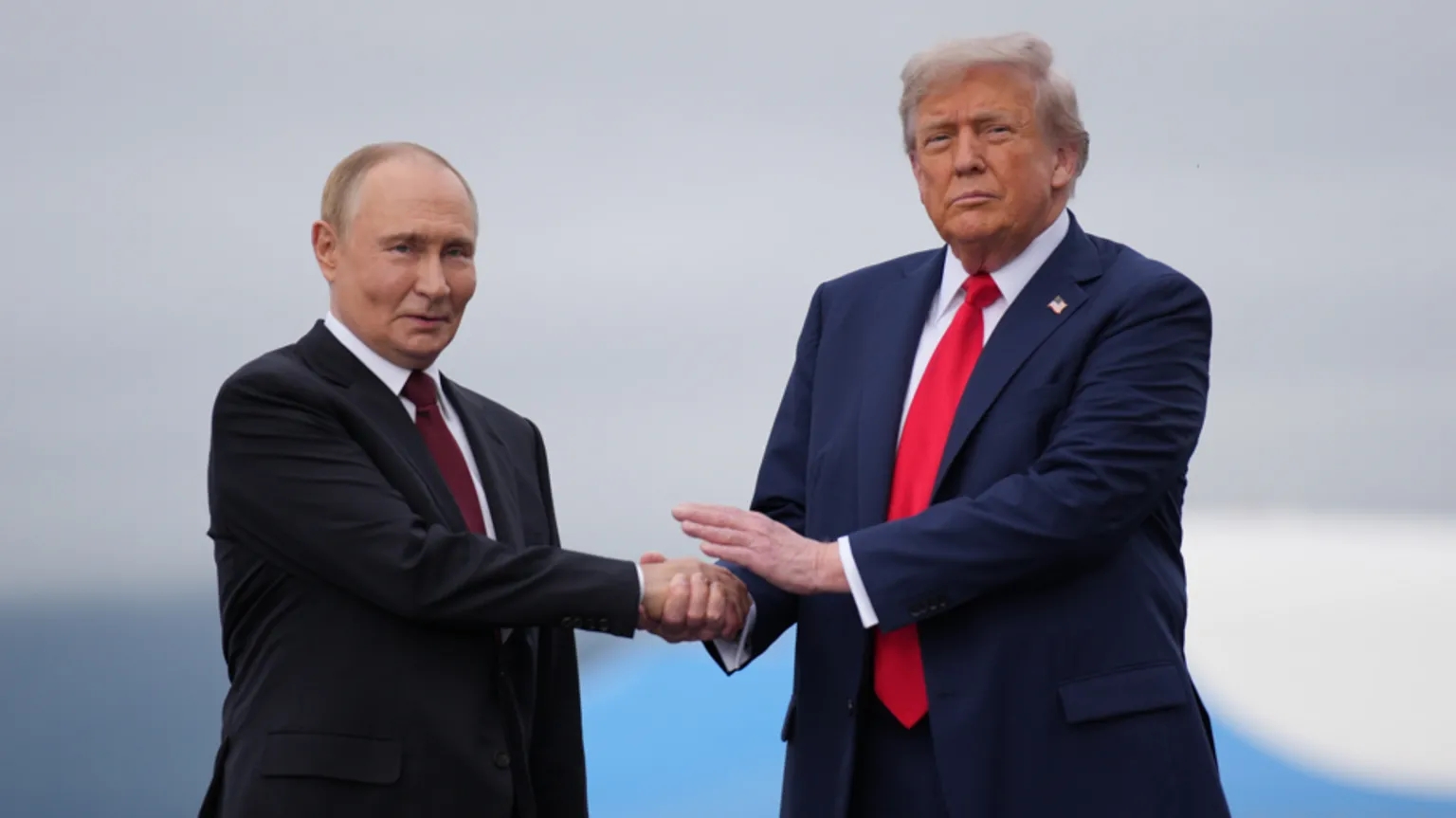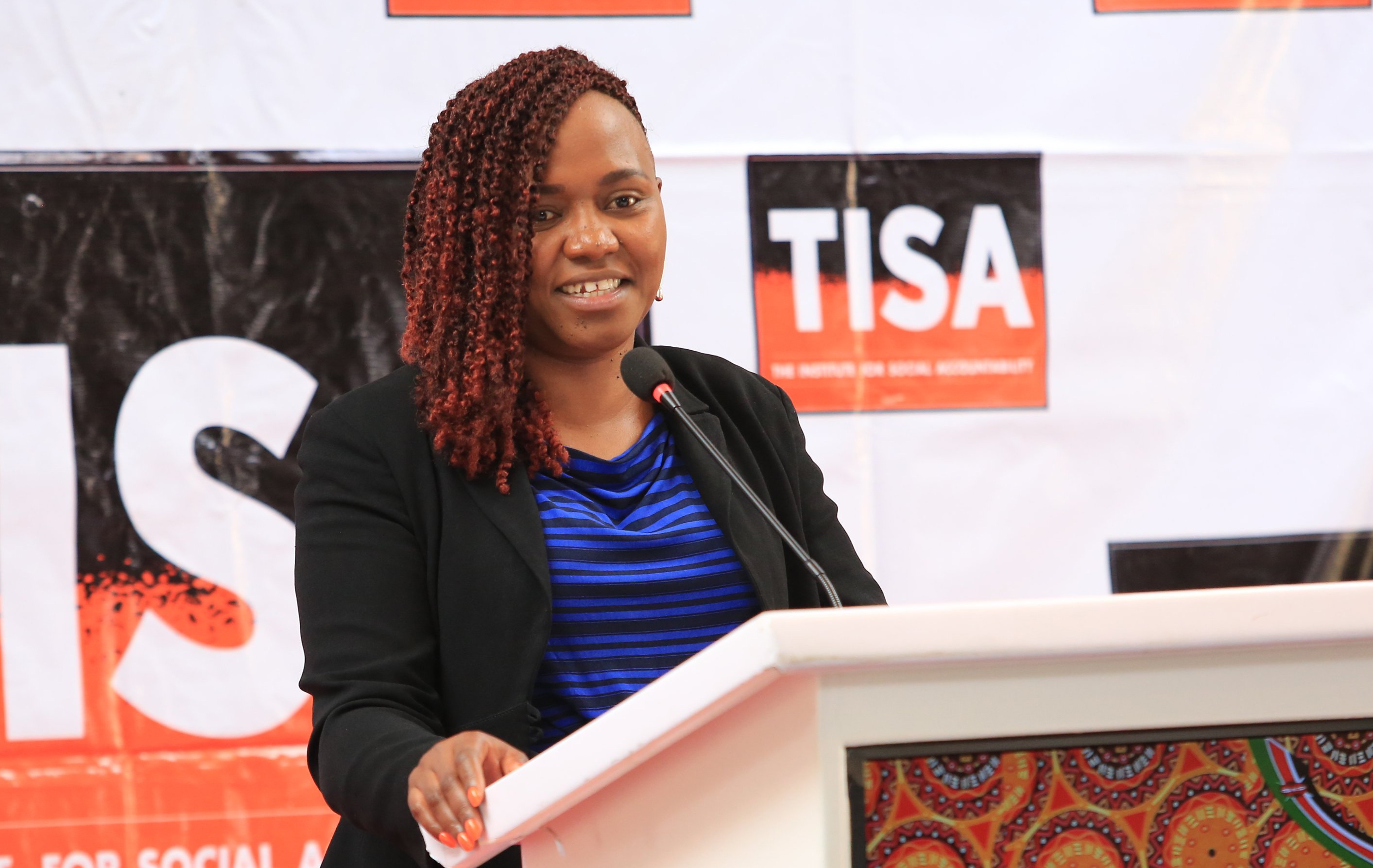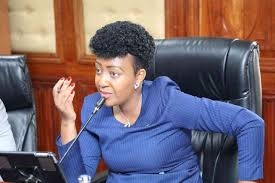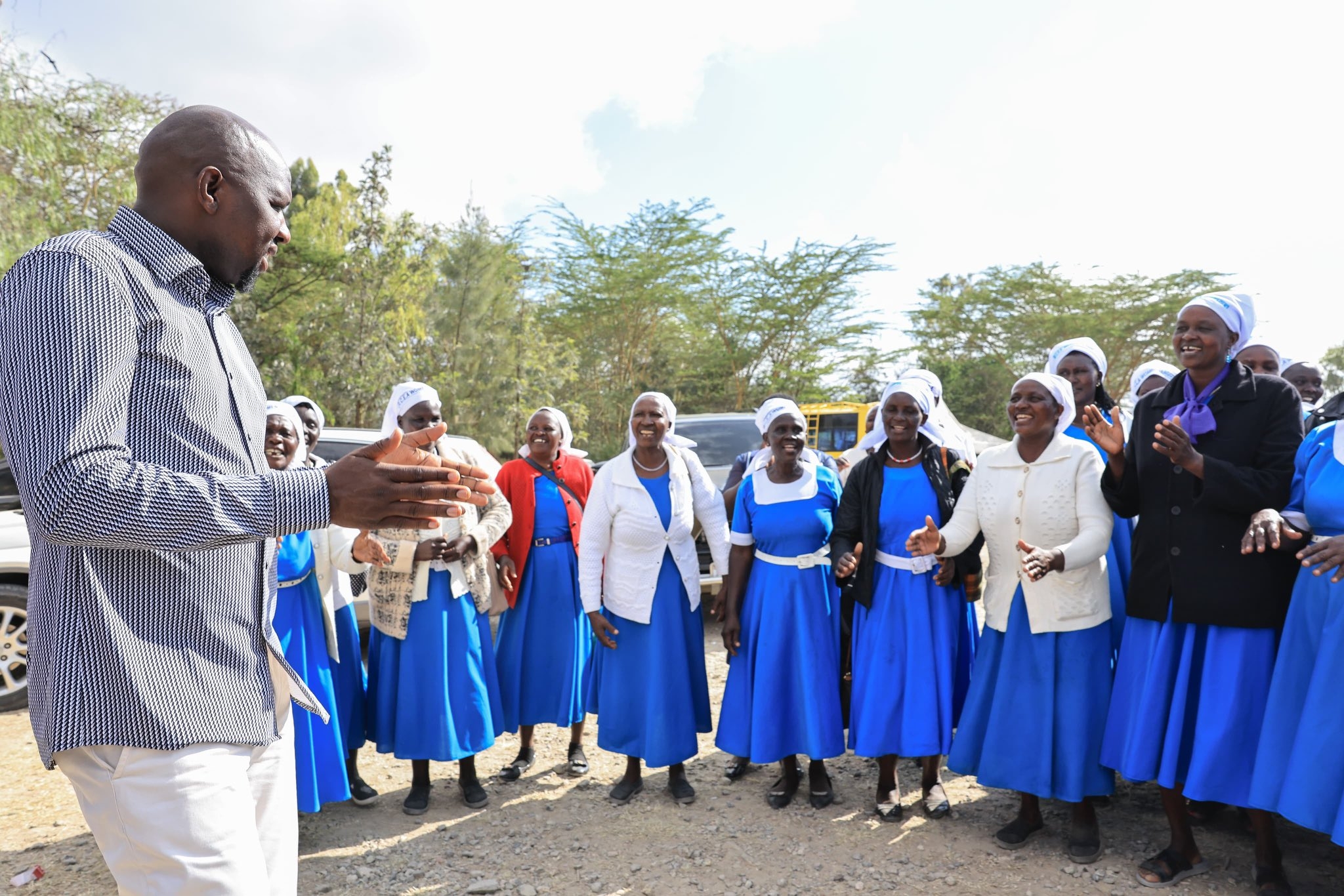
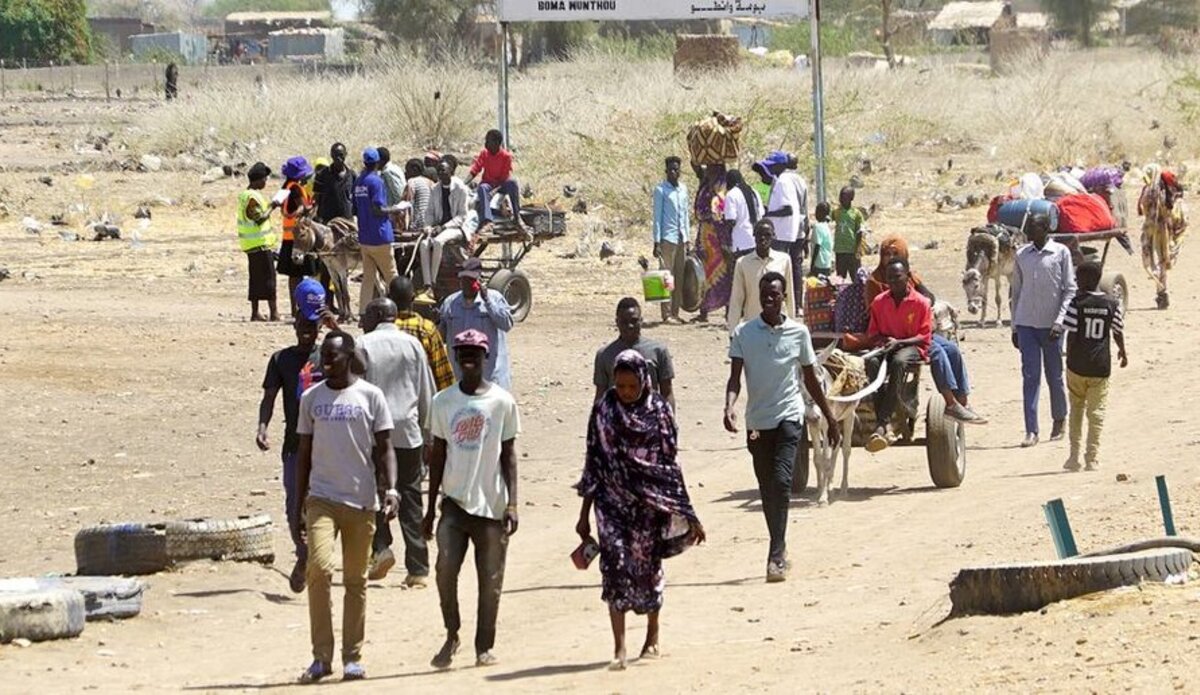 Displaced people in Renk County, Upper Nile State, South Sudan./FILE
Displaced people in Renk County, Upper Nile State, South Sudan./FILE
South Sudan’s escalating political crisis is driving renewed armed violence, compounding already dire human rights and humanitarian conditions, while heightening regional instability, the UN Commission on Human Rights in South Sudan has warned.
The Commission warned on Monday that the nation faces a renewed wave of armed violence, deepening human rights violations, and mass displacement.
The report states that the country’s political leaders have “deliberately stalled progress and brought South Sudan to yet another precipice.”
The Commission said that South Sudan’s political leaders have deliberately stalled progress towards peace, despite a decade of efforts by the AU and regional actors.
A recent Commission report highlighted how corruption and the diversion of public resources remain a key driver of conflict.
The Commission issued the warning at the conclusion of a mission to the Africa Union (AU) headquarters in Ethiopia’s capital, Addis Ababa.
The Commission’s mission revealed that armed clashes are occurring on a scale not seen since the 2017 cessation of hostilities, leaving civilians at extreme risk.
Members of the AU Peace and Security Council and the UN Security Council will meet this week at the AU headquarters.
In 2025 alone, approximately 300,000 South Sudanese fled to neighboring countries, including the Democratic Republic of Congo, Ethiopia, Kenya, Sudan, and Uganda.
The broader region now hosts over 2.5 million South Sudanese refugees, while an additional 2 million remain internally displaced.
Barney Afako, who led the mission, said that the ongoing political crisis, the increasing fighting and “unchecked, systemic corruption” reflected a failure of leadership.
“Unless there is immediate, sustained and coordinated political engagement by the region, South Sudan risks sliding back into full-scale conflict with unimaginable human rights consequences for its people and the wider region,” he said.
“South Sudanese are looking to the African Union and the region to rescue them from a preventable fate,” he added.
South Sudan gained independence from Sudan in July 2011, but deadly fighting broke out in late 2013 between troops loyal to President Salva Kiir and forces loyal to his rival, Riek Machar.
While a peace agreement ended the war, and a unity government was established, tensions erupted earlier this year following the arrest of Mr. Machar, the First Vice President and main opposition leader.
Armed clashes are now occurring on a scale not seen since the cessation of hostilities in 2017, and civilians are bearing the brunt of human rights violations and displacements.
Some two million people are displaced within South Sudan, which is also hosting some 560,000 refugees who have fled the war in neighbouring Sudan.
Experts urged the AU and UN Security Council to prioritize justice and accountability, particularly through the establishment of the Hybrid Court–a mechanism agreed upon in the 2018 Revitalised Agreement on the Resolution of the Conflict in South Sudan.
More than a decade after conflict erupted in December 2013, victims continue to await reparations and credible justice measures
“The mounting armed clashes, mass displacement and fracturing of a peace agreement signed seven years ago demonstrate that South Sudan cannot rebuild without stability and justice,” said Commissioner Carlos Castresana Fernández.
Stressing the need for “credible and independent mechanisms for justice and accountability”, he said “the AU and regional partners must act now – not only to prevent another war, but to build the foundations of a just peace, based on the rule of law.”
Furthermore, the “justice and accountability vacuum continues to fuel political intransigence, impunity, conflict and corruption.”
In talks with AU officials, the Commission emphasized the urgent need to establish transitional justice mechanisms outlined in the peace agreement, notably the Hybrid Court.
“More than ever, justice is essential for South Sudan,” said Yasmin Sooka, Chair of the Commission. “The promises made to victims years ago remain unmet.”
She said the Hybrid Court must deliver accountability for past crimes while also strengthening justice institutions.







